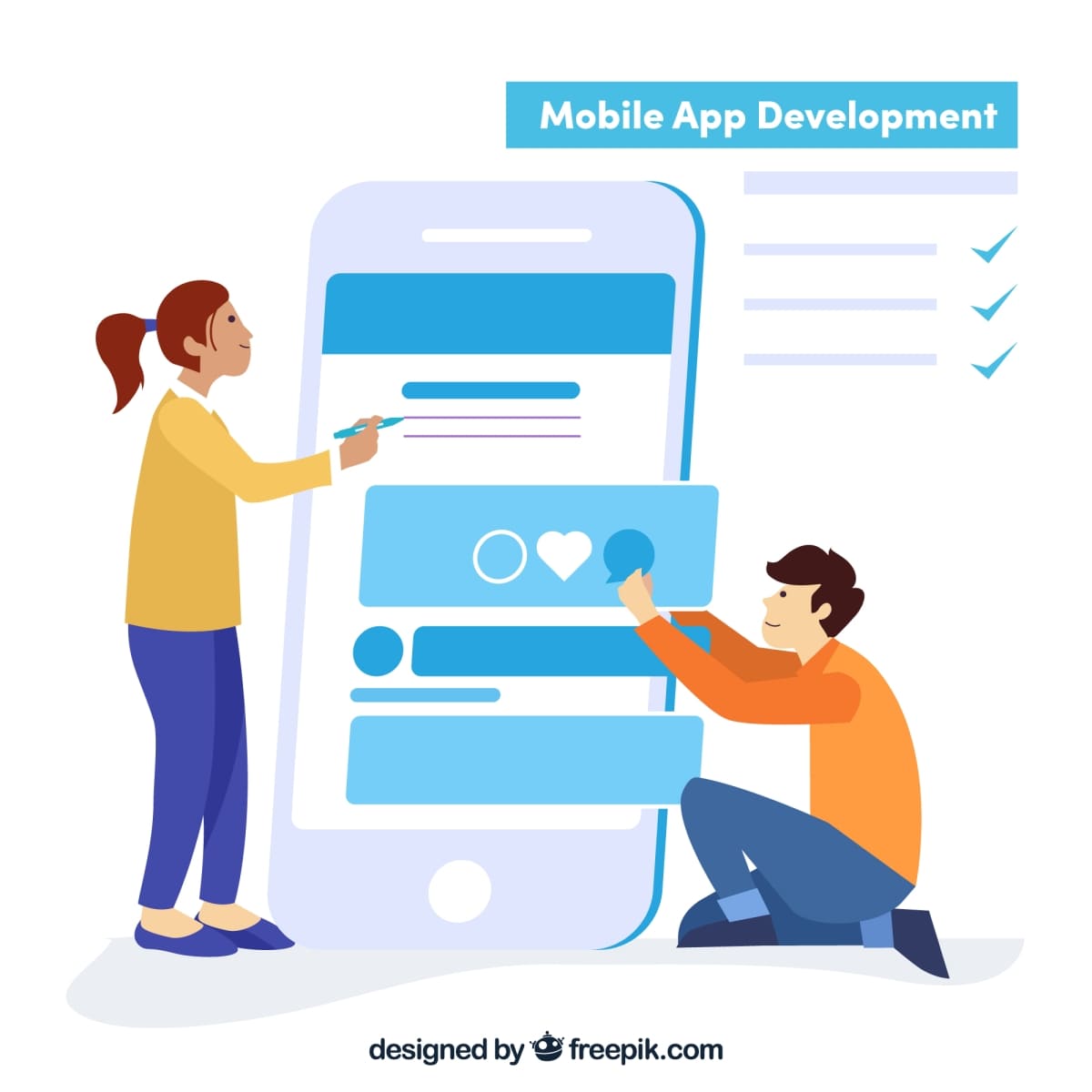
Date: 22 Jun, 2023
Introduction:
In today's fast-paced digital world, mobile applications have become an integral part of our lives. Whether it's for entertainment, productivity, or business purposes, mobile apps offer convenience and accessibility like never before. If you're looking to develop a mobile app in 2023, it's essential to choose the right development platform. To help you make an informed decision, we've compiled a list of the top 20 best mobile app development platforms to check-in 2023.
Flutter: Google's UI toolkit, known for its fast development and cross-platform capabilities.
React Native: A popular framework by Facebook, allowing developers to build apps for iOS and Android using JavaScript.
Kotlin: An official Android development language that offers modern features and seamless integration with existing Java code.
Xamarin: A Microsoft-owned framework that enables developers to create native apps for iOS, Android, and Windows platforms.
Ionic: A framework based on Angular and Cordova, ideal for building hybrid apps with a native look and feel.
PhoneGap: An open-source framework powered by Apache Cordova, allowing developers to create apps using HTML, CSS, and JavaScript.
NativeScript: A platform that enables developers to build native apps using JavaScript, TypeScript, or Angular.
Corona SDK: A lightweight framework that utilizes Lua scripting language for cross-platform app development.
Appcelerator Titanium: Known for its rapid development capabilities, it allows developers to build native apps using JavaScript.
Adobe PhoneGap: Part of the Adobe Experience Cloud, it offers a simplified app development process with its drag-and-drop interface.
Appery.io: A cloud-based platform that supports both visual development and coding for creating hybrid or web-based apps.
Xojo: An easy-to-use platform that enables developers to create native apps for iOS, Android, Windows, macOS, and Linux.
Sencha: A comprehensive framework that utilizes HTML5 and JavaScript for building cross-platform apps.
Alpha Anywhere: Known for its offline capabilities, it allows developers to create robust business applications.
AppInstitute: An intuitive platform that offers a drag-and-drop interface and pre-built templates for building apps without coding.
Mendix: A low-code platform that enables rapid app development with its visual modeling and reusable components.
OutSystems: A low-code platform that empowers developers to create enterprise-grade apps with speed and scalability.
Shoutem: A platform that focuses on building mobile apps for e-commerce, social networks, and content-based applications.
Kinvey: A Backend-as-a-Service (BaaS) platform that simplifies app development with its cloud-based features and integrations.
IBM Mobile Foundation: A platform that provides tools and services for building, securing, and managing mobile apps.
Conclusion:
As the demand for mobile applications continues to soar, choosing the right app development platform becomes crucial. The top 20 platforms listed above offer a range of features, capabilities, and flexibility to cater to different development needs. Whether you prefer cross-platform frameworks like Flutter and React Native or low-code platforms like Mendix and OutSystems, there is a solution for every requirement. Consider the unique aspects of your app project, such as target platforms, development time, and technical expertise, before making a decision. With the right development platform, you can bring your app idea to life and stay ahead in the dynamic world of mobile applications in 2023 and beyond.
























Nine Triangles Digital Pvt Ltd
A2-912, Corporate Park,
Sector 142, Noida - 201305
INDIA
+91 120 435 6917